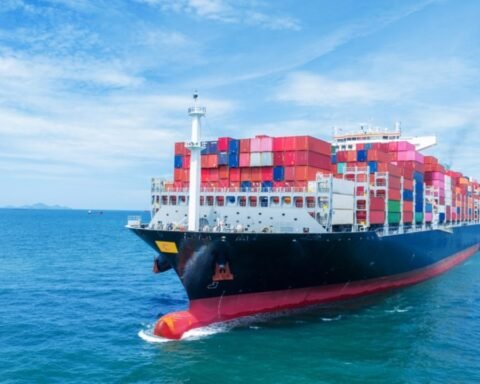President-elect Donald Trump has issued a bold challenge to the European Union (EU), calling for the bloc to significantly increase its purchase of American oil and gas.
Trump argues this would help reduce the substantial trade deficit between the two economic powers, but he warned that failure to act could result in hefty tariffs on European goods.
Trump took to his social media platform, Truth Social, to deliver the ultimatum. “I told the European Union that they must make up their tremendous deficit with the United States by the large-scale purchase of our oil and gas. Otherwise, it is TARIFFS all the way!” he declared.
The United States reported a trade deficit of $209 billion with the EU in 2023, according to official figures. While the U.S. imported $576 billion worth of goods from Europe, exports to the EU amounted to $367 billion. Trump’s statement has reignited debate over trade relations and energy policies between the two economies.
A spokesperson for the European Commission, Olof Gill, responded diplomatically, highlighting the deep economic ties between the two sides. “The EU and US have deeply integrated economies, with overall balanced trade and investment. We are ready to discuss with President-elect Trump how we can further strengthen this strong relationship, including collaboration in the energy sector,” Gill said.
The EU has been working to diversify its energy supplies, particularly in the wake of geopolitical tensions and a pressing need to reduce reliance on Russian energy. American liquefied natural gas (LNG) has played a significant role in this strategy, making up nearly half of the EU’s LNG imports in the first half of this year.
Also Read; Jimmy Carter, Former US President, Dies at 100
Despite Trump’s push, the EU’s response may not be straightforward. The bloc comprises 27 member states, each with its own energy policies and priorities. Reaching a unified stance on increasing American energy imports could be a complex and lengthy process.
Analysts believe Trump’s ultimatum may be part of a larger strategy to set the stage for negotiations, aiming to secure better terms for U.S. energy exports. Some experts suggest that the move aligns with Trump’s broader approach to rebalancing trade agreements during his previous term in office.
The potential for increased U.S. energy exports has also raised questions domestically. A recent study suggested that expanding LNG exports could lead to higher energy prices for American consumers and exacerbate environmental challenges, sparking concerns about the broader impact of such policies.
The global community will be closely watching how this trade dispute unfolds, as its outcome could have far-reaching implications for international trade and energy markets.







